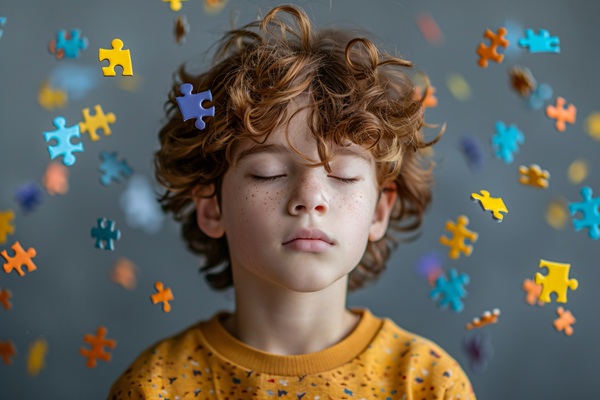Can Puzzles and Brain Games Actually Make You Smarter?

Many people enjoy solving puzzles, playing memory games, and tackling brain-training apps, but do these activities actually make you smarter? The idea that puzzles and games can enhance cognitive abilities has been widely debated, with researchers exploring how these mental exercises impact memory, problem-solving skills, and overall brain function.
The Science Behind Brain Games
Cognitive training, engaging in activities designed to stimulate the brain, has been shown to improve certain mental functions. Studies suggest that puzzles and brain games can strengthen neural connections, enhance memory, and even delay cognitive decline. Research published on PubMed indicates that brain training exercises may improve working memory and attention, particularly in older adults. However, whether they can increase overall intelligence is more complex.
Intelligence is typically divided into two categories:
Puzzles and brain games primarily strengthen crystallized intelligence by improving memory, attention, and problem-solving techniques. While they may not directly increase IQ, they can enhance cognitive efficiency and mental agility.
How Puzzles and Brain Games Benefit the Brain
- Improving Memory and Recall
Games like Sudoku, crossword puzzles, and memory-matching exercises challenge the brain to store and retrieve information, strengthening short-term and long-term memory. - Enhancing Problem-Solving Skills
Logic puzzles and strategy-based games encourage critical thinking and analytical reasoning. Players learn to recognize patterns, develop strategies, and apply creative solutions to challenges.
Boosting Focus and Concentration
Many brain games require sustained attention, helping individuals improve their ability to concentrate on tasks for longer periods. - Supporting Cognitive Aging
Engaging in mental exercises may help slow age-related cognitive decline. Research suggests that lifelong engagement in puzzles and problem-solving activities can reduce the risk of dementia and improve mental resilience.
Do Brain Games Transfer to Real-Life Skills?
One of the biggest debates in cognitive science is whether improvements gained from puzzles and games translate into everyday skills. While research shows that individuals may become better at specific tasks related to the games they play, there is limited evidence that these improvements carry over to broader intelligence measures.
For example, someone who frequently plays memory-based games may develop better recall abilities, but this doesn’t necessarily mean they will excel in unrelated areas such as mathematical reasoning or complex decision-making.
The Best Approach: A Well-Rounded Mental Workout
While brain games can be beneficial, they should be combined with other activities for a comprehensive approach to cognitive health. Engaging in real-world problem-solving, social interactions, physical exercise, and learning new skills all contribute to overall mental sharpness.
Puzzles and brain games are valuable tools for keeping the brain active and engaged. While they may not directly make you “smarter” in terms of increasing IQ, they enhance important cognitive functions such as memory, focus, and problem-solving. The key to long-term brain health is variety, combining mental exercises with learning, physical movement, and social engagement provides the best results for cognitive well-being.